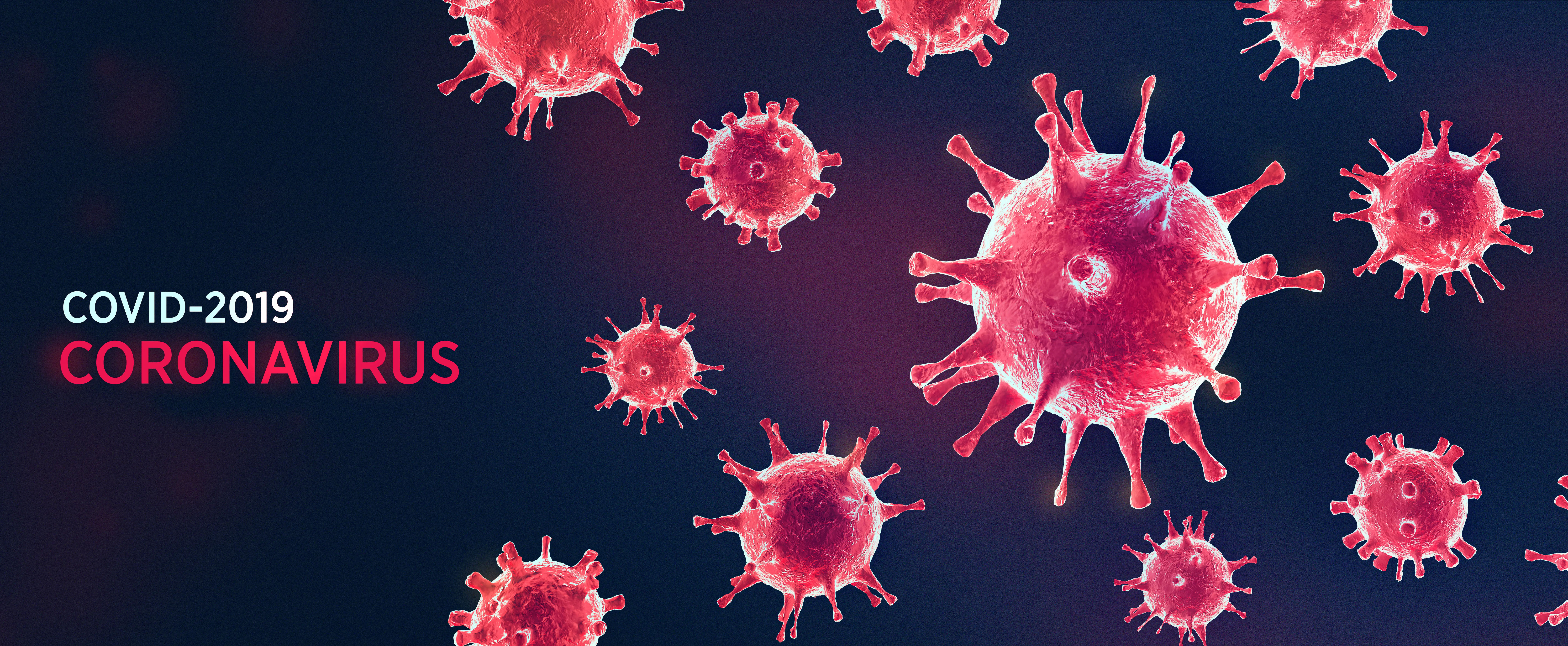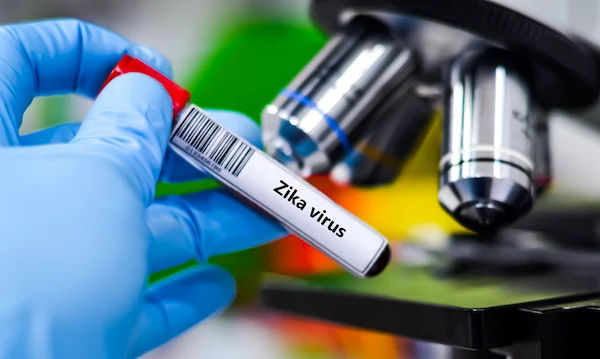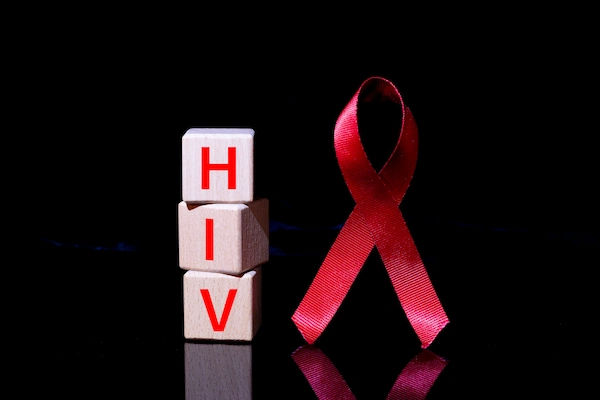- Male
- 34 Years
- 29/01/2025
I've been dealing with open wounds for a few days now, and they just won't heal. There's still pus coming out even though I've been using antiseptic cream and bandaging them. On top of that, I'm feeling super tired and restless all the time. Do you have any idea what's going on or what else I should try? I'm getting really worried about this.
Answered by 1 Apollo Doctors
Delayed wound healing ,Go once to physician,check ur diabetic status, maintain hygiene
Dr. Kareemulla Suggests...
Consult a Infectious Disease specialist
Answered 04/07/2025
0
0

More Infectious Disease Health Queries
View allI've been experiencing something strange and it's a bit concerning. Every evening around 5 o'clock, I start getting a fever, and it sticks around until about 9 o'clock. After that, I feel completely fine, only for it to happen again the next day. This has been going on for the past 15 days. I'm on antibiotics, but they don't seem to be helping. The blood test says I have typhoid, but I don't notice any other symptoms of it in myself. What should I do?
Follow proper antibiotic course and immunizing diet
Answered by 1 Apollo Doctors
I'm really worried after my recent blood test about the possibility of needles being reused in a vacutainer. The phlebotomist assured me it wasn't reused, but I can't help but wonderis it even possible for a vacutainer needle to be reused? If it was reused, what blood-borne diseases could I potentially be exposed to?
Visit Physician for evaluation and appropriate management
Answered by 1 Apollo Doctors
I'm wondering if, after being exposed to HIV, the antibodies still show up in the body even four years later. Is there any possibility that they might vanish over time? And if they might disappear, would they still be detectable after a long period?
Yes, HIV antibodies can remain present in the human body for many years after exposure. In some cases, the antibodies may decrease over time but they are usually detectable even after a long period. It is important to note that HIV testing is still recommended for accurate diagnosis and monitoring of the infection.
Answered by 1 Apollo Doctors
Disclaimer: Answers on Apollo 247 are not intended to replace your doctor advice. Always seek help of a professional doctor in case of an medical emergency or ailment.





